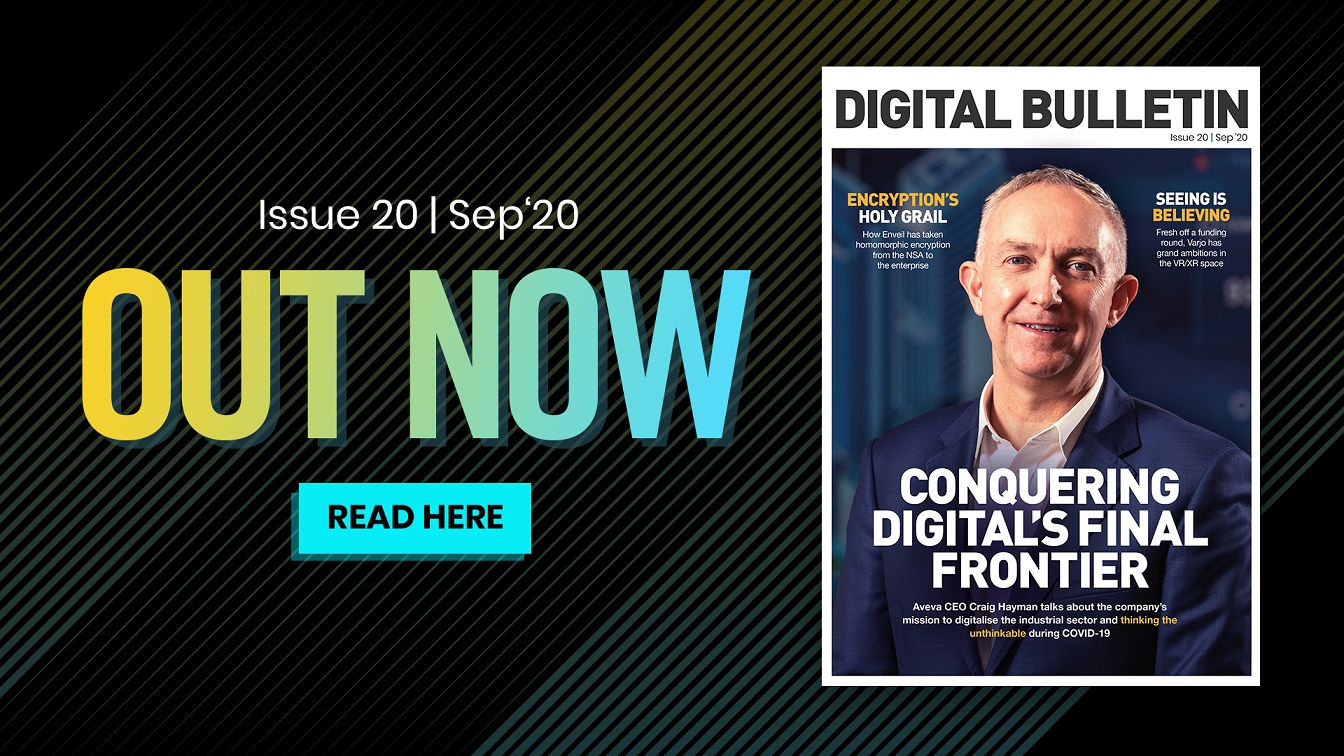
In 2017, Deutsche Telekom’s 10,000-strong IT team began a monumental transformation mission. Its objectives were bold and would impact every corner of the organisation.
The programme set out to achieve a hugely faster time-to-market while building a modern decoupled IT architecture. Innovation would be driven through new cross-functional agile teams while, step-by-step, the team would transition to a fully agile organisational structure.
Key to achieving its lofty goals was a significant investment in education and skills amongst its teams and proactively building a revitalised organisational culture – one built on trust – through systemic and continuous coaching.
The scale and ambition of Deutsche Telekom’s IT transformation journey, which is called IT@Motion, has been immense. It has impacted thousands of people in seven countries across all roles and functions. Developers, testers, IT architects, DevOps engineers, business analysts, agile coaches, project managers, HR, finance, senior management – all have actively contributed, but were also tasked with rethinking their personal engagement and belief in Telekom IT’s purpose and “the how”.
Read Digital Bulletin’s exclusive, in-depth case study to uncover the challenges, strategies and techniques employed to deliver transformation success at scale at one of the world’s largest telecoms companies.
But that transformation is an ongoing process. Motivated as it is by an intense focus on interpersonal trust and close collaboration, the disruption of a global pandemic could have posed a serious threat to progress. Those leading the transformational charge have needed to innovate and adapt.
“It was a catastrophe, on the face of it,” says Sabine Abecker, a senior vice-president at Deutsche Telekom IT. ‘Miss Agiliser’, as she is frequently dubbed by her colleagues, helped prove the model for transformation at Deutsche Telekom three years ago when leading the first of its prototype agile teams, called Digital Hubs.
“One of the key things about a digital hub is that people sit together, are co-located in scrum teams, and have very fast ways to solve problems.”
But she says she and other senior leaders at Deutsche Telekom were pleasantly surprised at how rapidly their teams were able to adapt to the emerging circumstances.
“It was amazing to see how quickly people reacted and adjusted to work from the home office. Since then we have done everything with telcos and video conferences.”
That’s not to say it has been easy, even for a high-profile telecoms company that, on the surface, is better positioned than most to mobilise a technically skilled workforce to remote working.
Planning new Digital Hubs, for instance – a structural cornerstone of the transformation strategy – is normally a distinctly intimate process. It involves bringing brand-new teams together for the first time, establishing trust and personal responsibility, and laying down the strategies to which they will quickly commit. And now it all needs to happen remotely.
Deutsche Telekom’s internal digital academies are another intrinsic component of the transformation process, providing critical training to bring technicians and developers up to speed with the company’s new methods and toolsets. Now they need to be executed remotely, too.
“We had one week to completely change the format from classroom to virtual classroom,” says Abecker. “We got the first feedback and they said it was not a problem at all. They said at some points it was even easier. I was completely astonished!”
I’m actually very proud of what I saw, of being part of it” - Angela Maragopoulou, SVP Business Solutions, Deutsche Telekom
Had Deutsche Telekom not already spent more than two years working on its transformation, however, things may not have gone so smoothly at the outset of the coronavirus crisis.
“I think we can be very happy that the virus didn’t come two years ago, when our transformation was still in the starting phase,” says chief architect Regine Schickentanz.
“The cultural change we made during the last three years is now so stable that it even works with very difficult subjects virtually. Programme increment planning for agile release trains, they work much, much better than we expected, and this is really amazing.”
The culture change to which Schickentanz refers is a central pillar of the transformation work undertaken by Deutsche Telekom IT over the last 24 months. While it plotted a course to technology renewal, it knew it also needed to release the ballast of historic Taylorism and reform around Agile. That meant encouraging fundamental change in how people worked and collaborated on an individual level.
Angela Maragopoulou joined Deutsche Telekom as an SVP in its Business Solutions team in August last year. Just five months into her tenure she was able to see, with fresh eyes, how the organisation responded.
“I’m actually very proud of what I saw, of being part of it,” she says.
“There are several reasons for that. Number one is the fact we pulled through – and not only pulled through, but really went to the next level with our crisis management. How such a huge organisation was able to run, make decisions quickly, move I don’t know how many thousands of people so smoothly and seamlessly. It was a masterclass.”
More esoterically, Maragopoulou says she has been impressed by the way in which people have quickly developed what she calls their “hybrid digital selves”; they have leveraged the tools at their disposal to maintain strong relationships despite enforced distance. Teams have found virtual substitutes for the vital watercoolers of productive collaboration.
Katja Drechsler, CIO Office SVP and a linchpin of the organisation’s continued transformation efforts, calls them ‘virtuaccinos’ – the art of maintaining a social life at work, replicating the “kitchen talks and the common lunches that tend to solve a lot of problems!”
A key part of Drechsler’s role in Deutsche Telekom IT’s transformation is facilitating upgraded leadership practices necessary to help its teams adopt a properly agile mindset. The concept of servant leadership is central to that, and a lot of face-to-face learning had underpinned its evolution in the company. Huge events had been planned on that topic at precisely the time the virus hit.
Hundreds of managers were due to attend events in Hamburg, Berlin and Warsaw, but that was reduced to just one, plus smaller local events. Then, as full lockdown took hold, they were supplanted by virtual gatherings.
She recalls: “It was heavy. We adapted our concept with every corona level, sometimes twice a day. But the team was great. Really great. Because we now had a lot of experience doing things quickly. As corona had us totally locked down, we went virtual and mixed the groups together so that we could start it with 26 learning groups.
“But we did it! The transformation can go forward with our leaders.”
The situation remains abnormal, of course, but Deutsche Telekom can point to its digital transformation efforts over the last two years as fundamental to successfully handling the disruption of the continuing coronavirus pandemic.
“I’m proud because we’re now stronger,” says Maragopoulou.
“This was pretty serious stuff. It probably happens once in your lifetime. But we not only pulled through, it has given us this powerful sense of ‘team’. Everything worked. We’ve got this, and we could do it again.”



